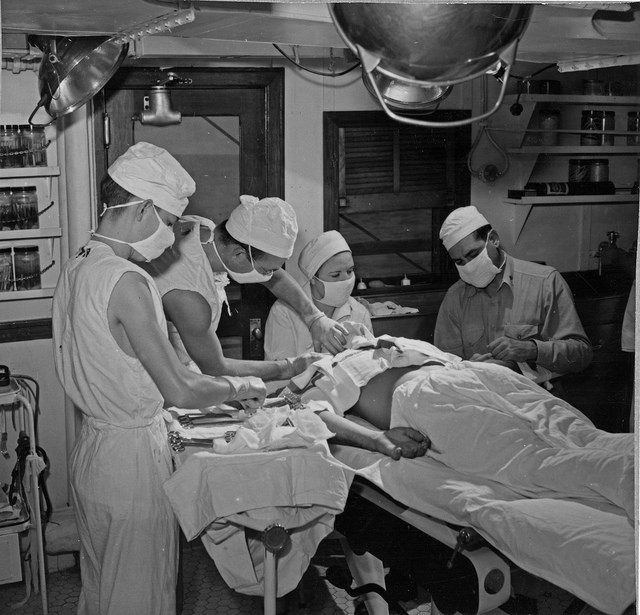For the last couple of decades, instead of admitting all Medicare patients who stay overnight as inpatients, hospitals have been providing some patients with “observation” care and treating them as outpatients. Patients are generally unaware of the difference. But, getting observation care leave Medicare patients with huge health care bills without their knowledge.
A new federal law, which takes effect at the end of 2016, will require hospitals to notify patients if they are not admitting them but rather providing them only with observation care. The NOTICE Act or the Notice of Observation Treatment and Implication for Care Eligibility requires that hospitals let patients know within 24 hours that they are receiving observation care, explain the reasons for this care, and advise them of the possible financial consequences.
You should talk to your doctor if you or someone you love is going to the hospital overnight to make sure the doctor ensures you are admitted for inpatient care and, if not, why not; you should also plan ahead for the visit by following these seven simple steps.
Hospital patients who are not admitted as inpatients can end up paying a lot more for their care. Medicare’s hospital benefit, which only kicks in for inpatients, is more generous than Medicare’s medical insurance coverage, which applies to people getting observation care. Among other things, inpatients have their drugs fully covered. Moreover, Medicare patients needing rehabilitation care or skilled nursing care only qualify for coverage if they have been inpatients for at least three days in the thirty days prior to admission.
Observation care is a classification hospitals use for patients they claim are not sick enough to be admitted and not well enough to be sent home. But, hospital incentives are such that they may take a more liberal view of what constitutes observation care than appropriate. For example, they may want to make it seem that their hospital readmission rates are low to improve their quality ratings and payments from Medicare.
There’s compelling evidence that hospitals may be manipulating the observation care classification for their benefit. It’s otherwise hard to explain how the percentage of patients receiving observation care in 2013 is so much greater than in 2006.
Several states, including New York, Connecticut, Maryland, Virginia and Pennsylvania, already have passed laws according similar rights to patients receiving observation care as the NOTICE Act.
For more reading on this topic, see this article in Health Affairs.











Thank you for this revelatory information. When I read this together with a recent story about big medical insurance plans deciding to exclude “outpatient surgery” from coverage, I wonder whether we will soon have any affordable healthcare at all in the United States.
Thank you for this important information. I guess I will have to get a medical degree to care for myself at home after surgery. American Medical care for us seniors is becoming more and more nonexistant. Who makes these decisions anyway, congress?